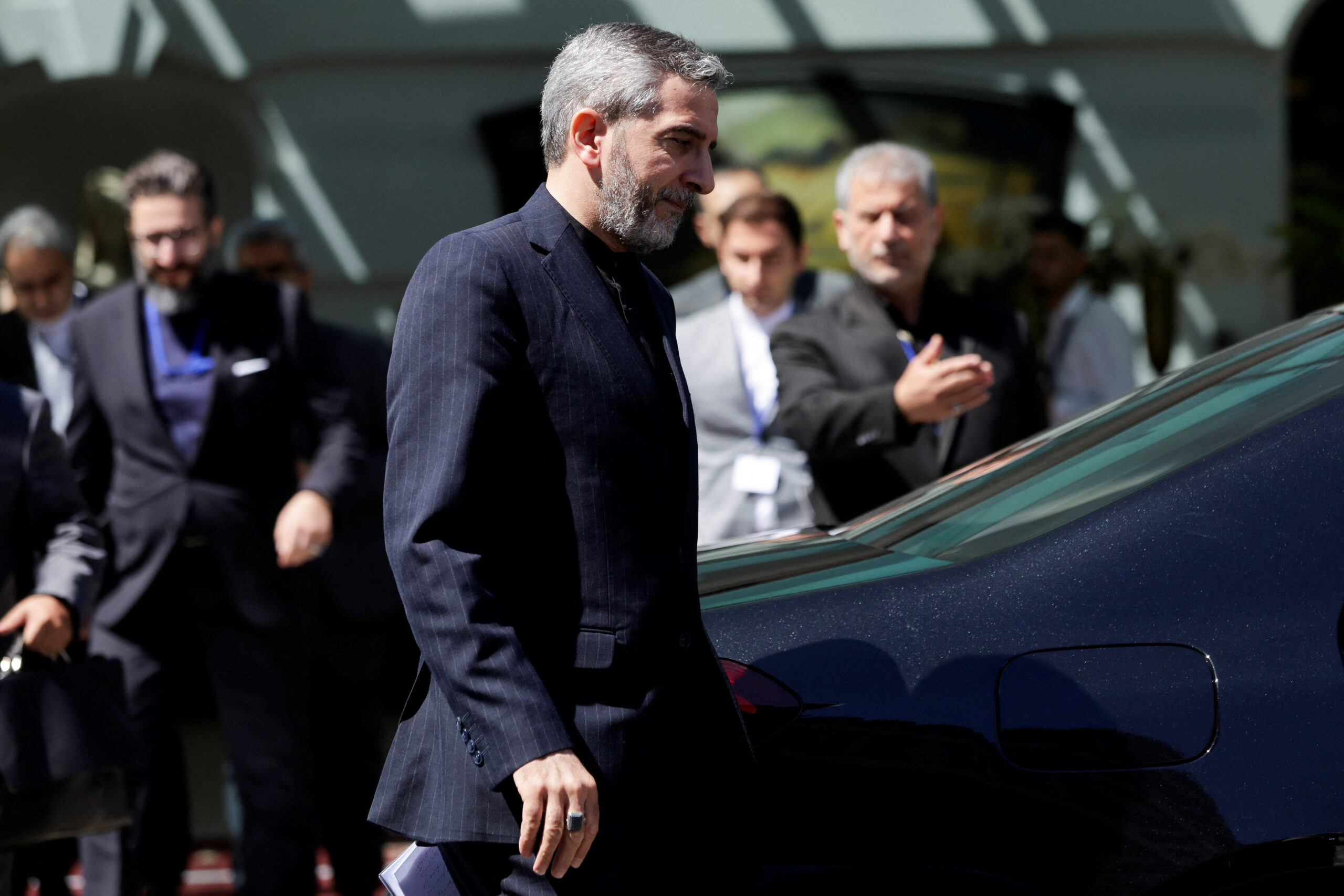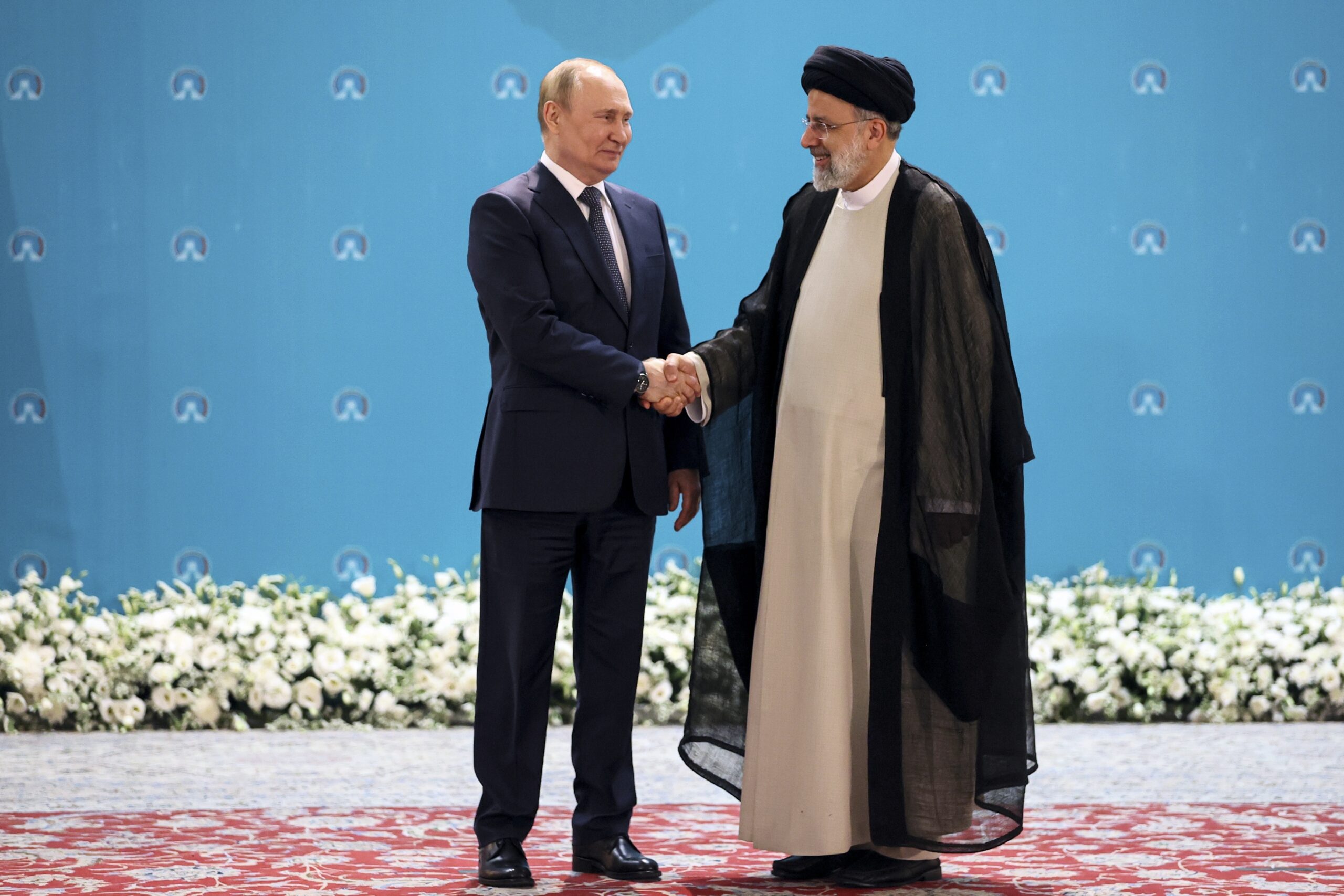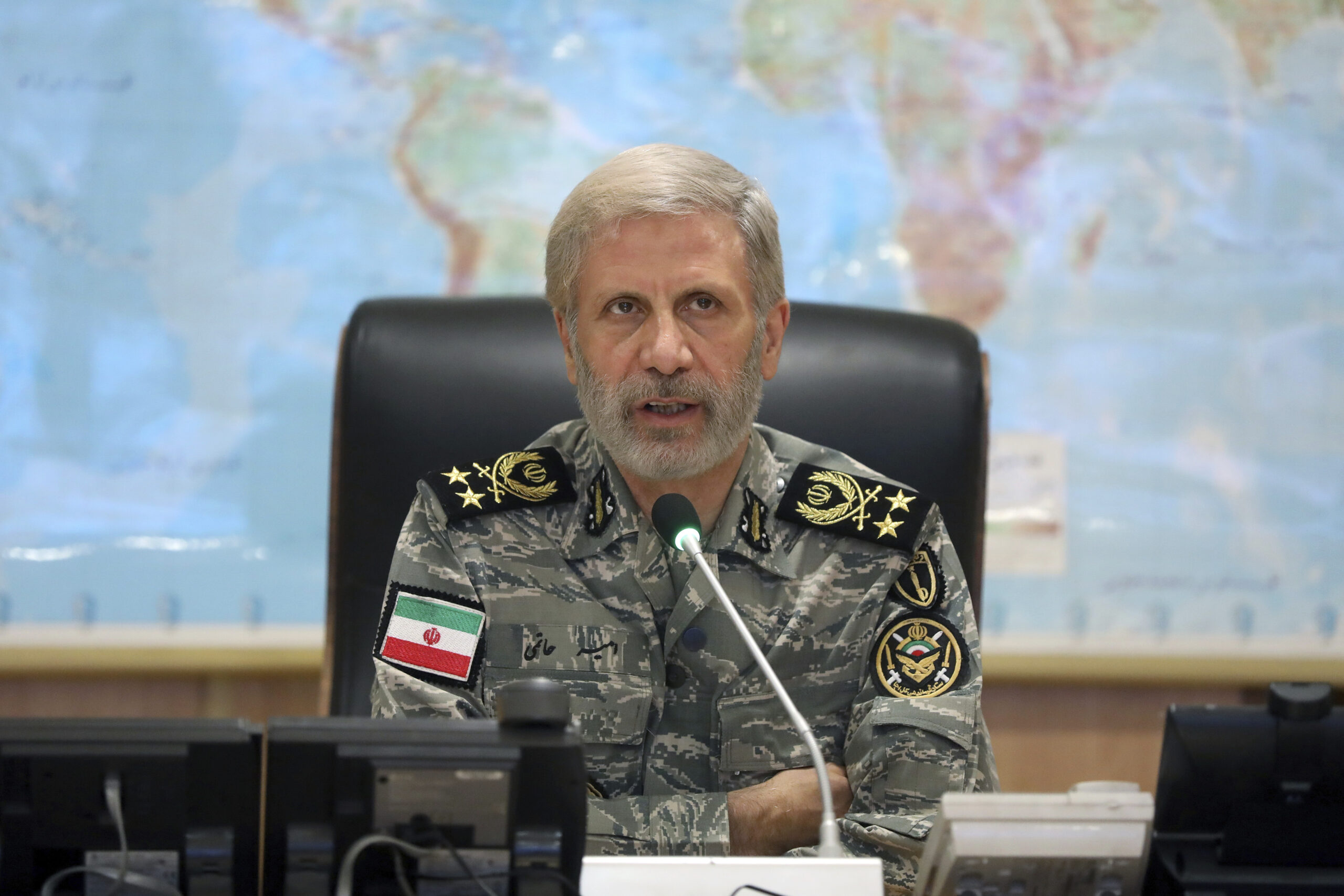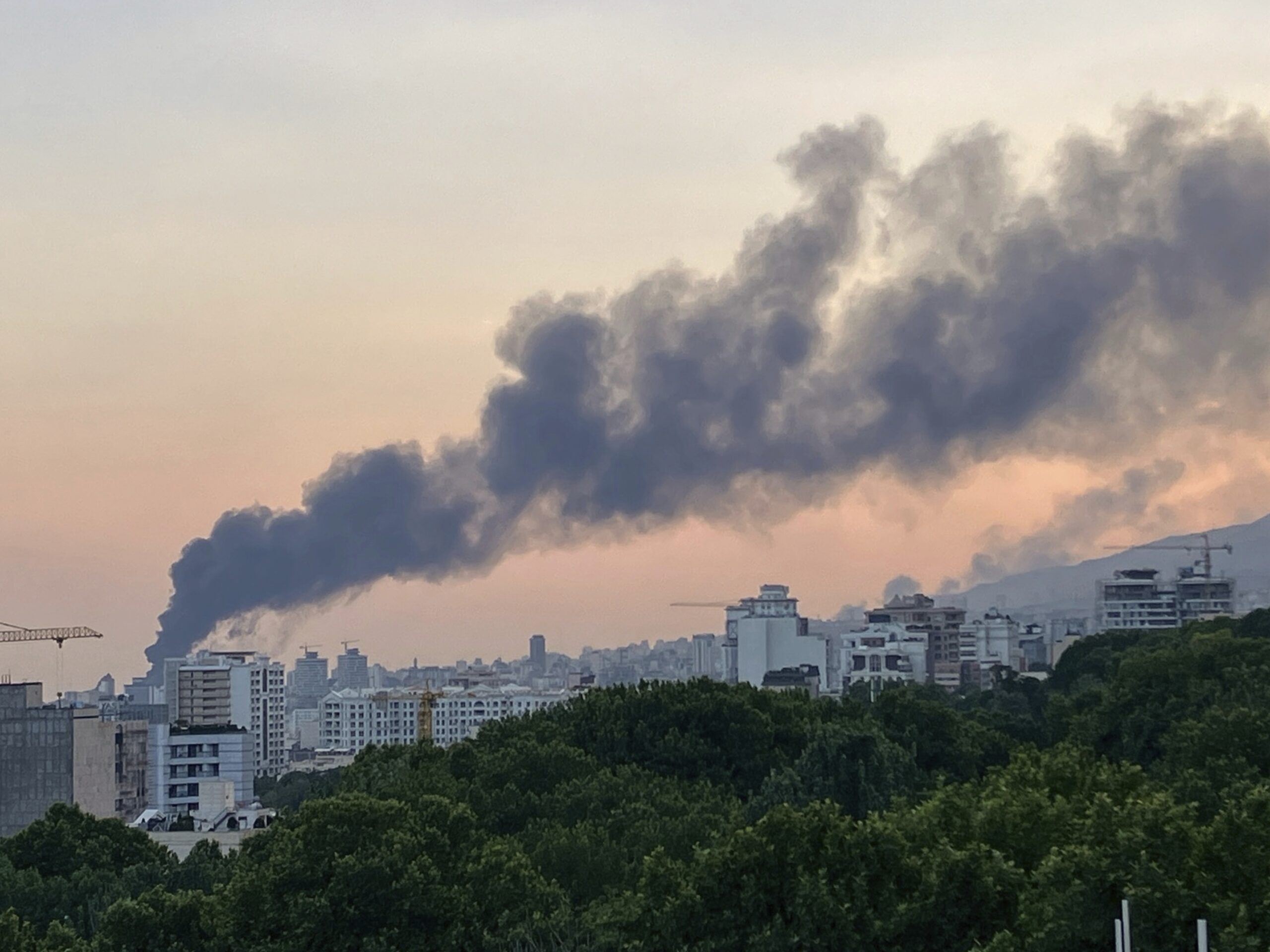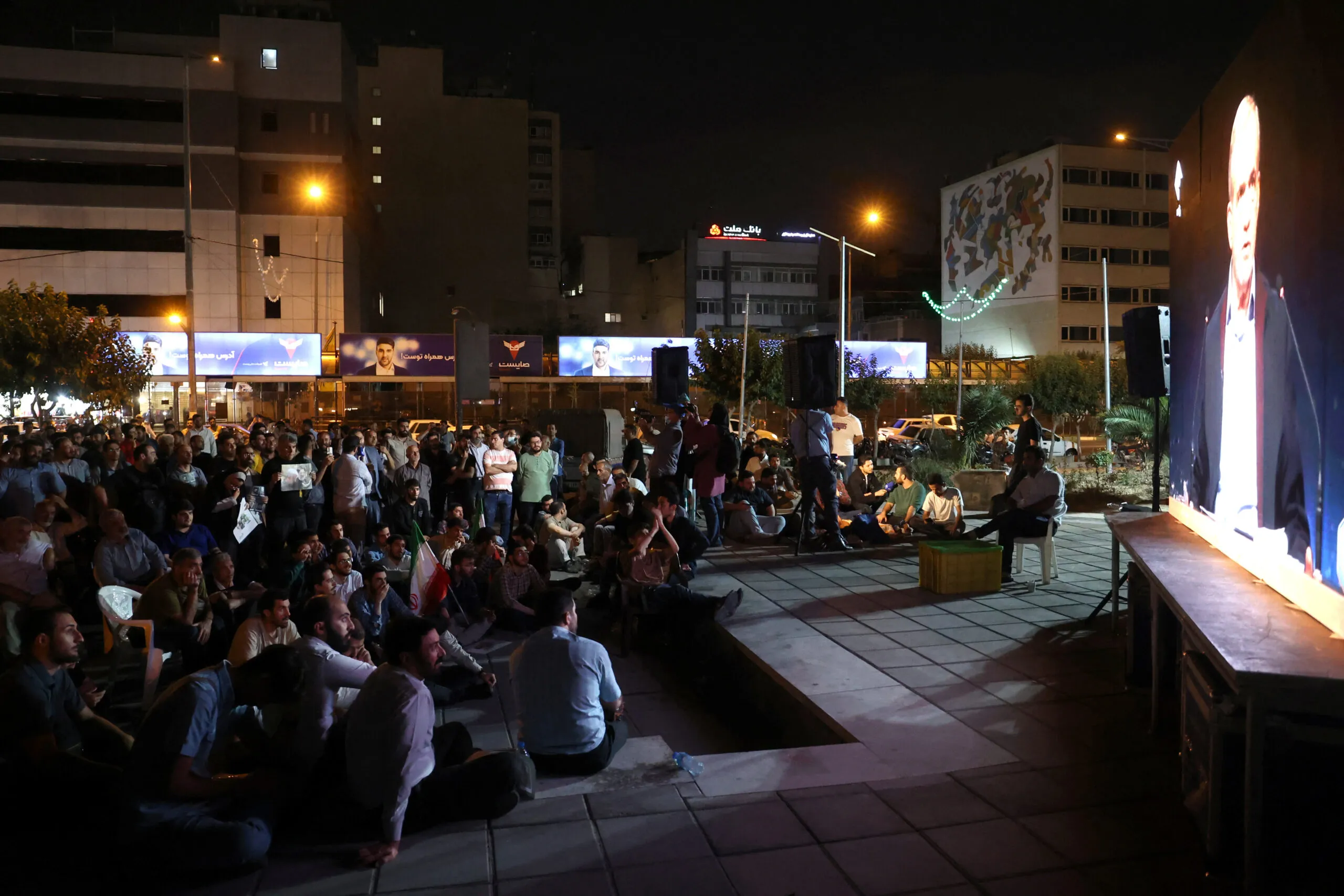Does Iran Want the Nuke and How Fast?
Iranian leaders may find the current international circumstances more amenable to a dash to nuclear deterrence. But the risks are truly grave.
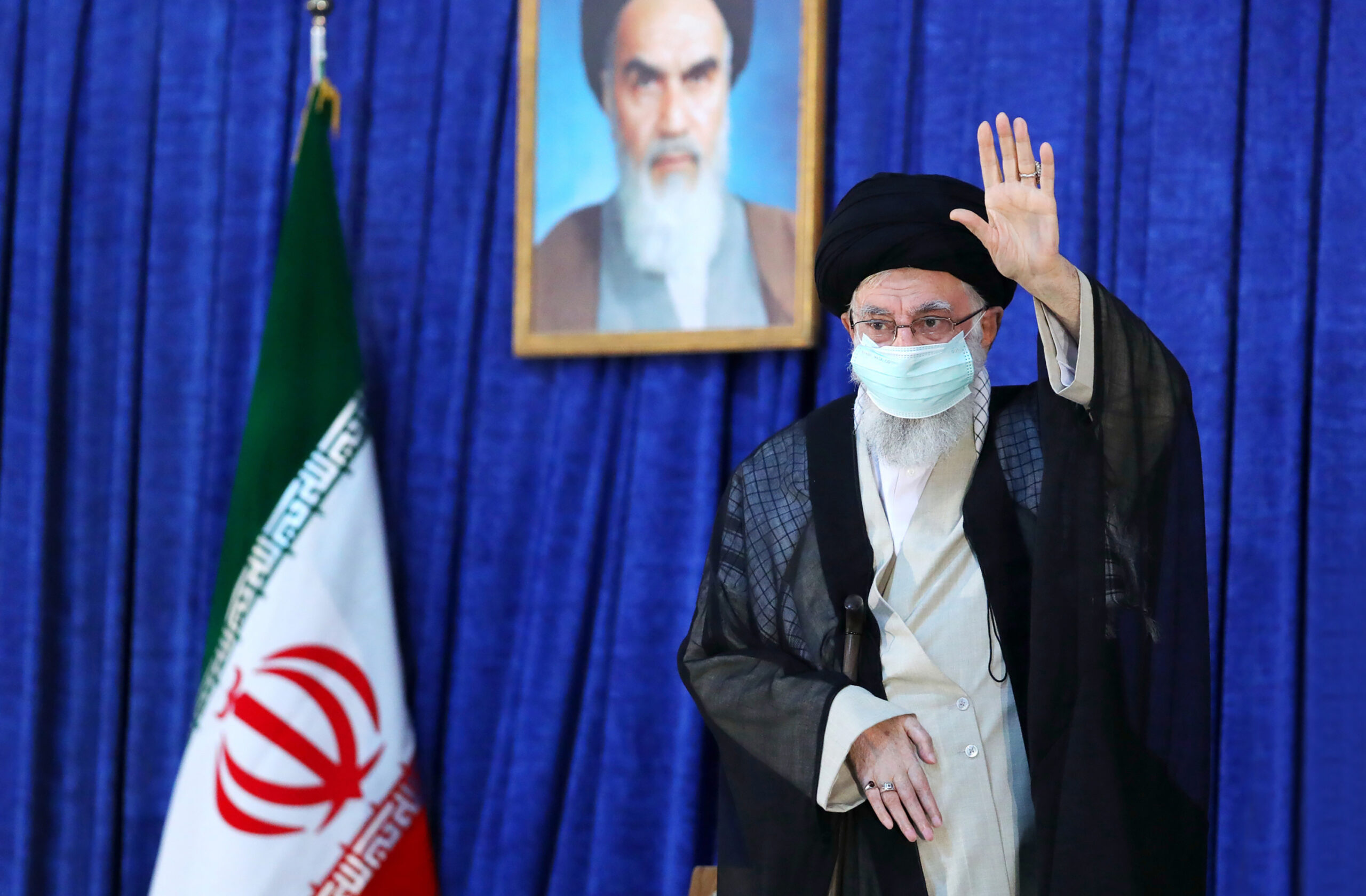
Iranian officials claim the Islamic Republic has the means, but not the intention, to build a nuclear deterrence, yet the Atomic Energy Organization of Iran continues enriching near weapons grade uranium. Does Iran want a nuclear weapon, and, if so, how fast?
The academic literature identifies seven main reasons for why states pursue a nuclear weapon strategy, three of which apply to Iran today. First, facing nuclear-armed adversaries, such as Israel and the United States, and lacking a nuclear-armed strategic ally provide Iran with a strong stimulus for developing a nuclear deterrence of its own. Second, lacking the financial means to match conventional military strength of adversaries, such as Saudi Arabia, Iran finds unconventional warfare, in particular proxy warfare, and perhaps also unconventional weapons, a cheaper alternative to a conventional arms race. Third, the Iranian leadership likely hopes a nuclear deterrence will enhance its international standing.
Beyond the strategic-level analysis, opening the black box of the Iranian state and looking at the personal and bureaucratic interests of political actors, there is further impetus for a nuclear deterrence. Within Iran’s Supreme National Security Council, which is the highest strategic decision-making body in the Islamic Republic, all important or influential members have strong incentives of their own to push for an Iranian nuclear bomb.
Supreme Leader Ayatollah Ali Khamenei may well perceive a nuclear weapon as his lasting legacy. Elected officials, such as President Ebrahim Raisi and Parliamentary Speaker Mohammad Baqer Qalibaf, who both are presumably interested in reelection, are well aware of the impact of the sanctions regime and suffering of the Iranian public. However, they probably gamble on a wave of nationalist popular support, if and when the nuclear mushroom cloud crowning Iran’s nuclear test appears above the Great Salt Desert. Just as evident is the interest of the Islamic Revolutionary Guard Corps, which has no formal vote in the SNSC but nevertheless appears to have the upper hand in strategic decision making: As presumptive custodian of an Iranian nuclear bomb, the IRGC most likely pushes for a nuclear deterrence so it can solidify its dominating position within the regime and play a role in Iran similar to that of the armed forces in neighboring Pakistan. Apart from the discrete bureaucratic drives of the institutions for the nuclear bomb, the regime in its entirety has invested so much money and hard work and demanded so much sacrifice from the population that it may find it difficult to explain a sudden cease to its nuclear activities.
Despite consensus concerning the strategic objective, there may be a wide range of opinions and preferences concerning tactics leading to a nuclear deterrence, depending on Iran’s technical capabilities, the general international circumstances, and the level of external threats to the regime.
Since the inception of Iran’s nuclear program in 1957, Iranian leaders have pursued a gradualist approach to a nuclear deterrence and seem to be moving toward a position where they can eventually produce nuclear weapons on short notice if they find it necessary. When facing opposition from current members of the nuclear club, the Islamic Republic has traditionally pursued a zigzag course of intransigence followed by concessions and compromise, slowing down the pace of its nuclear program and postponing a major crisis. The regime’s signing of the Joint Comprehensive Plan of Action is a good example of Iran and the United States both agreeing on procrastination. But some factors may have changed the Iranian leadership’s preference for procrastination.
On August 1, Mohammad Eslami, vice president and head of the Atomic Energy Organization of Iran, claimed, “Iran possesses the technical means to produce the nuclear bomb, but this is not on the agenda.” If Eslami is right about Iran’s nuclear advances, the Iranian leadership may have some incentive to dash for the bomb.
The regime may also find the current international circumstances more amenable to an Iranian dash to nuclear deterrence. With the United States entangled in a war by proxy against Russia, and preparing for a confrontation with China over Taiwan, strategic decision makers in Tehran may think Washington is disinclined to start a war with Iran. Russian President Vladimir Putin may perhaps have encouraged that line of thinking during his latest visit to Tehran.
But on the other hand, Iran is not facing an external existential threat. There is no immediate threat of a U.S. land invasion and regime change. Iran dashing for the bomb can potentially bring about that risk.
Opportunities aside, the risks of a dash to nuclear deterrence are truly grave, including war with Israel and the United States and Arab states engaging in nuclear deterrence programs of their own. For now, U.S. government agencies report Iran has not moved toward weaponization. The ongoing nuclear negotiations in Vienna will show if Iran is willing to provoke the threat that a nuclear bomb is meant to protect it against.
The views represented herein are the author's or speaker's own and do not necessarily reflect the views of AGSI, its staff, or its board of directors.


